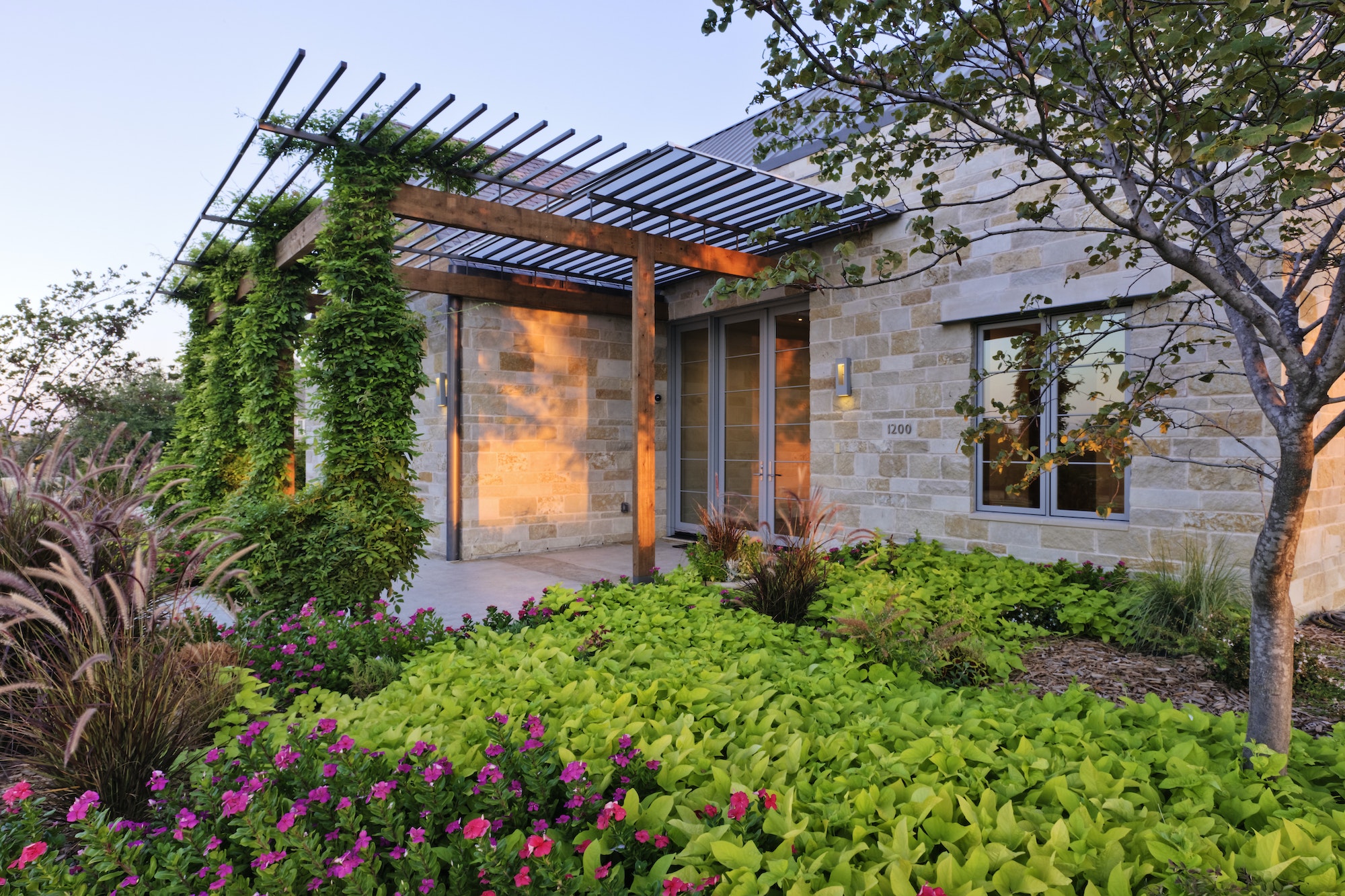Save Energy and Money with Energy-Efficient Roofing Systems
"*" indicates required fields
Introduction
In an era of rising energy costs and growing environmental concerns, saving energy and reducing our carbon footprint has become increasingly important. When it comes to our homes, one area that holds immense potential for energy savings is the roof. Energy-efficient roofing systems allow homeowners to reduce their energy costs and contribute to a more environmentally friendly and sustainable future. This article will explore the concept of energy-efficient roofs and discuss the various types of roofing systems available. We will also delve into the benefits of opting for energy-efficient roofs and provide insights on how these systems can help homeowners positively impact both their wallets and the environment.
Understanding Energy-Efficient Roofing Systems
In order to reduce the amount of energy needed to cool or heat a building, energy-efficient roofing systems are created. These roofs incorporate innovative materials, designs, and technologies that enhance insulation, reduce heat absorption, and promote better ventilation. Homeowners may drastically lower their energy expenses and usage while also improving the comfort of their living spaces by maximizing the energy efficiency of their roofs.
Types of Energy-Efficient Roofing Systems
- Reflective Roofing: Reflective roofing systems, also known as cool roofs, are designed to reflect a more significant portion of sunlight and absorb less heat compared to traditional roofs. These roofs are typically made of materials with high solar reflectance, such as white or light-colored membranes or coatings. By reflecting sunlight away from the building, cool roofs help keep the interior cooler, reducing the need for excessive air conditioning and ultimately lowering energy usage.
- Green Roofs: Green roofs, or vegetative roofs, incorporate vegetation on the roof surface, creating a natural insulation layer. These roofs provide numerous benefits, including enhanced thermal performance, improved air quality, reduced stormwater runoff, and increased biodiversity. The vegetation acts as a natural barrier against heat transfer, keeping the building cooler in summer and warmer in winter.
- Solar Roofing: Photovoltaic (PV) panels are used in solar roofing systems to collect sunlight and turn it into power. These roofs harness renewable solar energy, which can be used to power various electrical systems in the home, reducing reliance on traditional energy sources. Solar roofs save money on electricity bills and contribute to a greener and more sustainable energy grid.
- Insulated Roofing: Insulated roofing systems focus on enhancing the roof’s thermal performance through insulation materials. These roofs help regulate interior temperatures, minimizing heat transfer in both hot and cold climates. By reducing heat gain during summer and heat loss during winter, insulated roofs reduce the need for excessive heating or cooling, resulting in energy savings.
Benefits of Energy-Efficient Roofing Systems
- Energy Savings: Less energy use is one of the main benefits of energy-efficient roofs. By reducing heat absorption in the summer and heat loss in the winter, these roofs significantly lower the demand for heating and cooling systems, resulting in lower energy expenses. Over time, the energy savings can be substantial, making energy-efficient roofs a wise investment.
- Cost Savings: Lower energy consumption directly translates to cost savings. With energy-efficient roofing systems, homeowners can experience significant reductions in their monthly energy bills. The initial investment in an energy-efficient roof is often recouped through long-term energy savings, making it a financially sound decision.
- Environmental Impact: Energy-efficient roofs contribute to a greener and more sustainable environment. By reducing energy consumption, these roofs help lower greenhouse gas emissions, combat climate change, and conserve natural resources. Opting for energy-efficient roofing systems allows homeowners to actively participate in environmental conservation and contribute to a more sustainable future.
- Enhanced Comfort: Energy-efficient roofs help maintain more stable and comfortable indoor temperatures throughout the year. By minimizing heat transfer, these roofs prevent hot spots in summer and cold drafts in winter, creating a more pleasant living environment for homeowners and their families.
Tips for Choosing and Maintaining Energy-Efficient Roofs
- Research and Consultation: Conduct thorough research on different energy-efficient roofing systems and consult with professionals specializing in sustainable options. Understand the pros and cons of each system and choose the one that best fits your climate, budget, and specific needs.
- Proper Installation: Ensure that the energy-efficient roof is installed correctly by experienced and qualified professionals. Proper installation plays a crucial role in maximizing the energy-saving potential of the roofing system.
- Regular Maintenance: Regularly inspect and maintain the energy-efficient roof to ensure its optimal performance. Remove debris, check for any damages or leaks, and promptly address any issues that arise. Regular maintenance can preserve the roof’s energy-efficient qualities and help it last longer.
- Additional Energy-Saving Measures: Complement your energy-efficient roof with other energy-saving measures in your home. These may include installing energy-efficient windows, improving insulation in walls and attics, and using energy-efficient appliances. A holistic energy efficiency approach can further enhance your savings and environmental impact.
Conclusion
Energy-efficient roofing systems offer homeowners a remarkable opportunity to save energy, reduce costs, and contribute to a greener future. Reflective roofs, green roofs, solar roofs, and insulated roofs are just a few examples of the innovative options available. By investing in energy-efficient roofs, homeowners can enjoy significant energy savings, lower their environmental footprint, and create a more comfortable living environment. Consider the benefits, conduct thorough research, consult with professionals, and make an informed decision when choosing an energy-efficient roofing system. Accept the power of energy conservation and take decisive action to create a more sustainable and affordable future.
Visit our website 180remodel.com to learn more.
"*" indicates required fields







